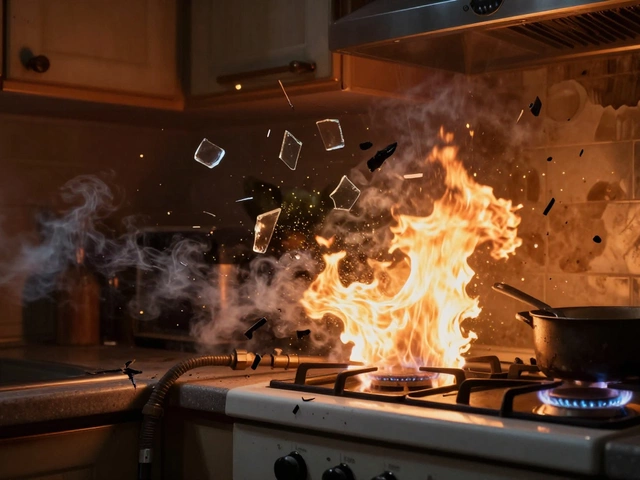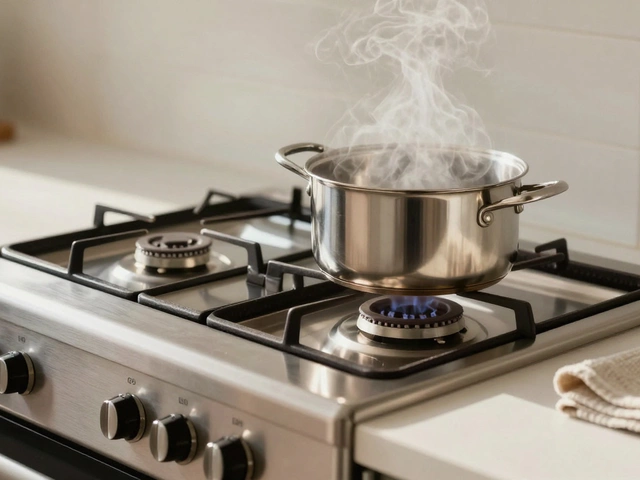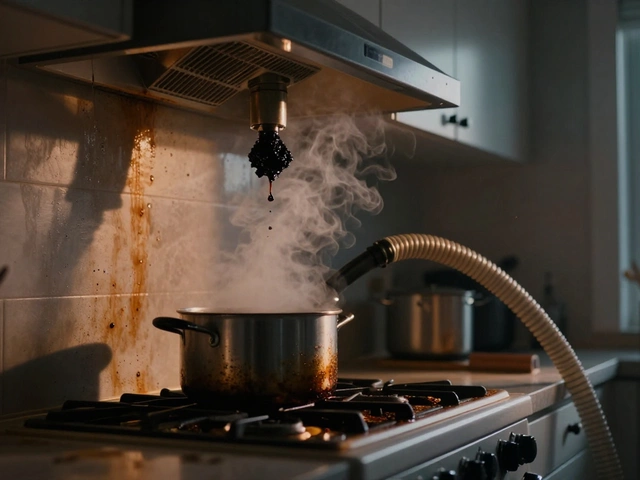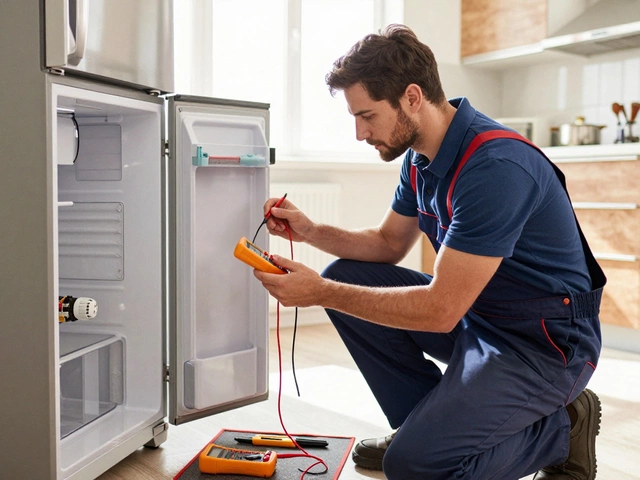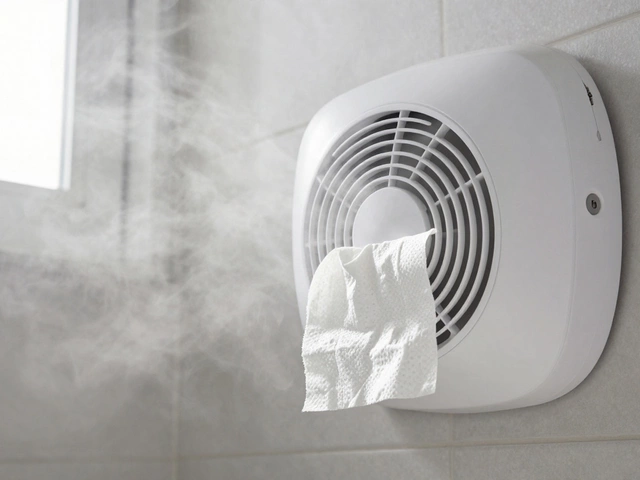When your boiler decides to take a break at the worst possible time, it can feel like your entire household falls into chaos. Heating and hot water, key comforts often taken for granted, disappear in an instant. Whether it's the middle of winter or just an ordinary weekday, having a broken boiler is no joke.
But how long can you really go without repairing it? Navigating the aftermath isn't just about patience and cozy socks; it's about understanding your boiler's quirks, gauging the situation's urgency, and knowing your options for short-term solutions. Let's break it down and see how you can manage this chilly challenge safely and efficiently.
- Understanding Your Boiler System
- Risks of Ignoring the Issue
- Temporary Solutions and Tips
- Planning for Repairs
Understanding Your Boiler System
Ah, the boiler, that unsung hero working tirelessly in the background of your home. Most of the time, we give it little thought as long as it performs its job. But when it falters, especially during a deep freeze, suddenly, we're all ears. Understanding its function before the crisis hits is key to handling a broken boiler. At its core, a boiler is a simple machine: it heats water, creating steam that is then distributed throughout the home to keep living spaces warm and provide hot water. This starts with cold water entering the boiler. Through a process of combustion, burners ignite a controlled flame, raising the temperature of the water within. Modern boilers are often fitted with a heat exchanger that facilitates this process more efficiently.
Boilers come in three flavors: conventional, system, and combi. Conventional boilers, often found in older homes, need separate tanks for water storage. System boilers take a step forward by having some components built-in, reducing the need for extra tanks. Meanwhile, the rising favorite, the combi boiler, cleverly combines heating and hot water provision without a separate tank. There's a compelling statistic from the Heating and Hotwater Industry Council (HHIC) noting that over 60% of UK homes rely on a combi boiler, echoing the preference for its space-saving design.
Each type has its quirks. For instance, a combi boiler may struggle to deliver hot water to several taps simultaneously, a minor hassle compared to the robust storage capacity of system boilers delivering to multiple outlets with ease. But it's a small price to pay for the efficiency and convenience in many urban apartments. To keep your boiler in prime condition, regular maintenance plays a crucial role. Energy Performance Consultant, John Smith from Green Energy writes, "Regular maintenance not only extends the life of your boiler but can prevent small issues from snowballing into costly emergencies."
It’s vital to frequently vent the radiators, check pressure gauges, and ensure safety valves are operational. If you're handy, you might even clear out some of the simpler clogs and inspect the pilot light. However, always err on the side of caution if you're unsure.
By understanding these basics, you'll not only appreciate your boiler more, but also make informed decisions should you face a malfunction. Remember, knowledge is power, especially when you're staring at a cold shower in the dead of winter due to a broken boiler. With your system knowledge under your belt, you're better prepared for the unexpected.
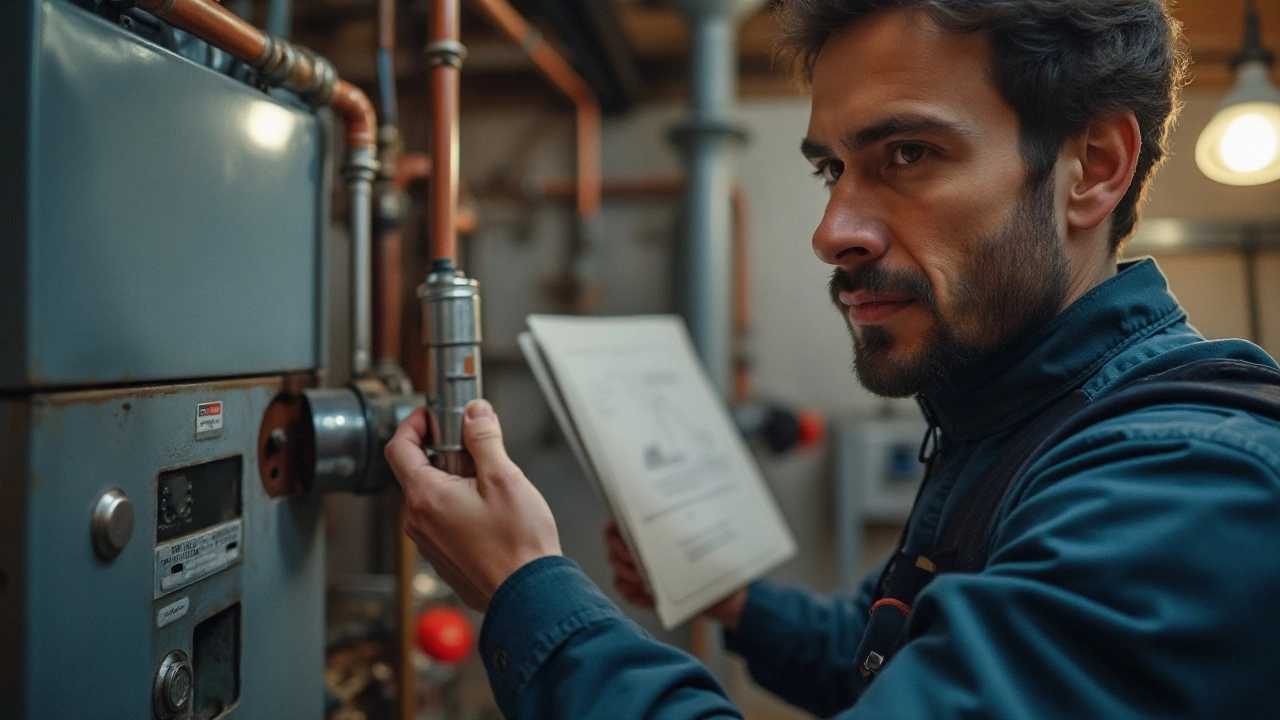
Risks of Ignoring the Issue
Allowing a broken boiler to remain unattended can lead to far-reaching consequences that could snowball into significant problems. One of the primary risks is the potential escalation of repair costs. What might begin as a minor issue in the boiler's mechanism can quickly morph into a major malfunction if left for too long. Ignored clunks or bangs could mean an impending failure that, when unchecked, can wreak havoc on the system. If components like the heat exchanger are damaged, the resultant repair or replacement could be far costlier than addressing the problem early on.
There's also the threat of safety hazards lurking around an unrepaired boiler. Carbon monoxide, an undetectable danger because it is odorless and colorless, becomes a major risk factor with faulty boilers. This silent threat can fill a home with toxic gas without noticeable detection, posing a significant health risk to occupants. Regular maintenance and prompt repair of boilers are crucial preventative measures to mitigate this danger.
Absconding from scheduling timely boiler repair can also lower the efficiency of the system, spiking energy bills unexpectedly. A broken boiler may overwork itself to maintain heat levels, consuming greater amounts of fuel than necessary. An inefficient boiler drains more than just your wallet; it could also contribute needlessly to a larger carbon footprint, affecting the environment adversely. Moreover, consistent performance issues due to an indefinitely broken boiler could impact the comfort and health of all who reside in the affected space, particularly infants and the elderly, who are more vulnerable to cold environments.
As reported by experts in the field, ‘A poorly functioning boiler left idle not only reduces comfort but can lead to more frequent and costly system breakdowns,’ as noted by professional heating engineer Miguel Larios. Considering these facets, addressing your broken boiler swiftly could prevent a myriad of problems from materializing, ensuring the safety and comfort of your home.

Temporary Solutions and Tips
Living with a broken boiler isn't ideal, but there are several practical ways to make the best out of a chilly situation until a professional repair can be arranged. These methods are not permanent solutions, but they can help to lessen the discomfort and disruption caused by a broken boiler. Start by assessing the precise needs for heat and hot water in your home. Understanding this will help prioritize which areas require immediate attention, allowing you to focus your efforts most effectively.
Portable space heaters can be lifesavers in a pinch. They're affordable, easy to use, and do the job of heating small areas quite efficiently. It's essential, however, to follow the manufacturer's instructions carefully to ensure safe operation. Overloading circuits or placing heaters too close to flammable materials can be hazardous. Always unplug these devices when not in use or when leaving the room. Similarly, electric blankets can help keep warmth in your sleeping area, making nights considerably more comfortable as you await boiler repair.
For hot water needs, electric kettles and stovetop boiling might seem a bit primitive but can certainly work in providing small amounts of water for cooking or washing. If the downtime is extended, consider a short-term gym membership or visit a nearby pool that offers hot showers. Some local services even provide temporary shower facilities for a nominal fee. As you juggle these fixes, keep communicating with your repair service to stay updated on their availability and your place in line.
Layering your wardrobe is not just an outdoor strategy; it works wonders at home as well. By wearing multiple layers of clothing, the body retains heat more efficiently, reducing the need for additional ambient warmth from so many energy-consuming devices. Additionally, keep an eye on home insulation. Sealing drafts with door snakes or simple weather-stripping can make a notable difference in your home's internal temperature.
"We often take our boilers for granted," notes energy conservation expert, Ted Bryant. "But when they fail, it's essential to adapt quickly and safely manage the situation."
Using curtains wisely can also contribute to a warmer living space. During sunny hours, keep them open to maximize the heating effects of sunlight, but once dusk falls, close them to keep the warmth in and the cold out. If your home allows, lighting a fire in a wood-burning stove or safe, open fireplace can create not just warmth, but a cozy ambiance as well. However, ensure proper ventilation and chimney clearance before proceeding with such methods.
Here's another tip: make sure to check if your boiler issue falls within the warranty period, as this can save significant repair costs. It's also wise to have your home insurer’s emergency helpline handy, as many policies offer emergency repair coverage. Trying to stay patient and proactive during the wait for a repair is not easy, but these steps can make it a bit more bearable. By taking these small actions, you preserve comfort and security in your home, despite the inconvenience of a non-functional boiler.

